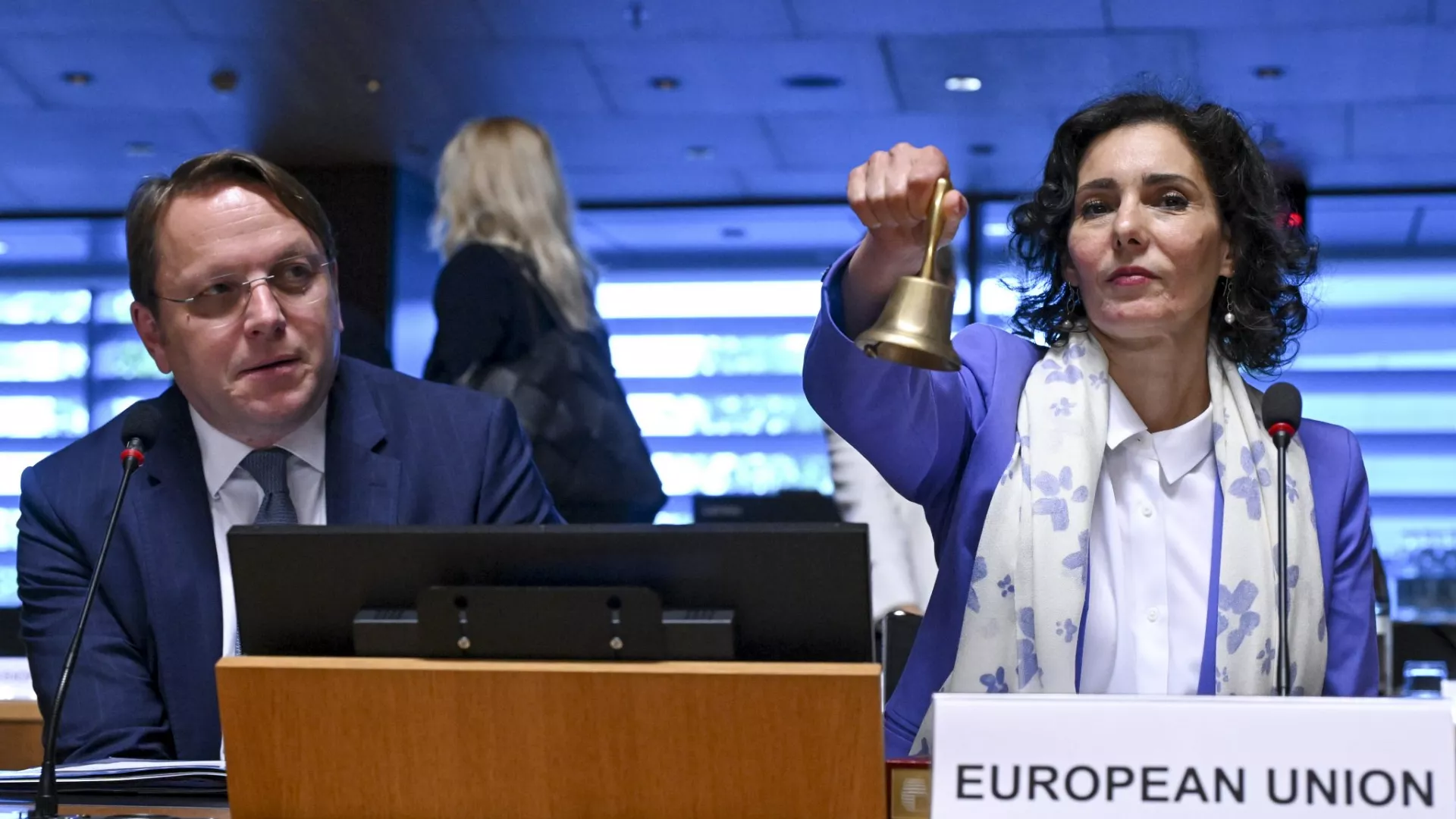For the first time, the European Union has split its core health duties between two Commissioners. This decision, part of a compromise to finalize the European Commission’s new structure, has sparked debates about how responsibilities will be divided and what this shift means for health policies in Europe.
Why Two Commissioners?
This change arose from concerns during the confirmation process of Olivér Várhelyi, Hungary’s appointee as the Health Commissioner. European lawmakers raised alarms about his views on critical health issues, including women’s reproductive rights and LGBTQI+ inclusion. Várhelyi’s claim that abortion is a constitutional matter for individual nations, not a health issue for the EU, led to calls for limiting his portfolio.
To address these concerns, the European Parliament proposed a solution: delegate some of his responsibilities to another Commissioner, Hadja Lahbib from Belgium. This restructuring ensures sensitive health issues are handled by someone more aligned with the EU’s values on equality and inclusivity.
How Responsibilities Are Split
- Hadja Lahbib will manage:
- Sexual and reproductive health.
- Health emergency preparedness, including stockpiling medicines and coordinating procurement.
- Crisis planning under DG HERA, a department created during the COVID-19 pandemic to improve health crisis management.
- Olivér Várhelyi retains:
- The EU4Health budget, which funds healthcare initiatives.
- Key legislative projects, including the Critical Medicines Act. This landmark law aims to combat shortages of essential drugs like antibiotics and insulin.
Read Also: Trump’s Trade Agenda Could Benefit Friends and Punish Rivals
What Does This Mean for EU Health Policy?
The EU’s decision to split duties is both a practical response to political challenges and a strategy to bolster health leadership. However, it raises questions:
- Collaboration Risks: With overlapping portfolios, Lahbib and Várhelyi must work closely to avoid confusion or duplicated efforts. Their success depends on seamless cooperation.
- Focus on Equality: Lahbib’s leadership in reproductive health signals the EU’s commitment to gender equality and global health preparedness, a priority in its Women’s Rights Roadmap.
- Tackling Medicine Shortages: Várhelyi’s Critical Medicines Act will target Europe’s reliance on limited suppliers, aiming for a stronger, self-reliant pharmaceutical sector.
Reproductive rights
In response, von der Leyen adjusted the portfolios following MEPs’ suggestions: Hadja Lahbib, Belgian Commissioner for preparedness and equality, will now oversee sexual and reproductive health
“Given Lahbib’s portfolio dubbed by some as a ‘second health Commissioner’, I’d hope to see her commit to closing the gender health gap globally, a foundational principle both for equality and better crisis preparedness,” said Ffion Storer Jones, senior officer on women’s health at German NGO DSW.
She wanted to see Lahbib advance sexual and reproductive health at the heart of an upcoming Women’s Rights Roadmap, and Gender Equality Strategy.
But that has not allayed concerns about the actual health Commissioner not being trusted by the Parliament on sexual rights.
“We hope to see close cooperation on the matter between the two Commissioners, who should operate under the principle of collegiality and collective responsibility for the Commission’s decisions,” said Storer.
Challenges Ahead
Although this setup addresses immediate political concerns, it creates a complex leadership dynamic. Questions remain about whether the two Commissioners will be able to work effectively together, especially in areas where their responsibilities overlap. For example, Lahbib’s department handles crisis stockpiling, while Várhelyi’s team manages general drug supply issues.
Looking Forward
This dual leadership approach reflects the EU’s adaptability. By diversifying its leadership on health issues, the Commission hopes to better prepare for challenges, from medical crises to ensuring equal healthcare access. The success of this experiment depends on how well Lahbib and Várhelyi align their efforts and meet the ambitious health goals.
This reshuffle is a bold move, but it highlights the EU’s determination to prioritize health resilience, equality, and innovation in the face of global challenges.

